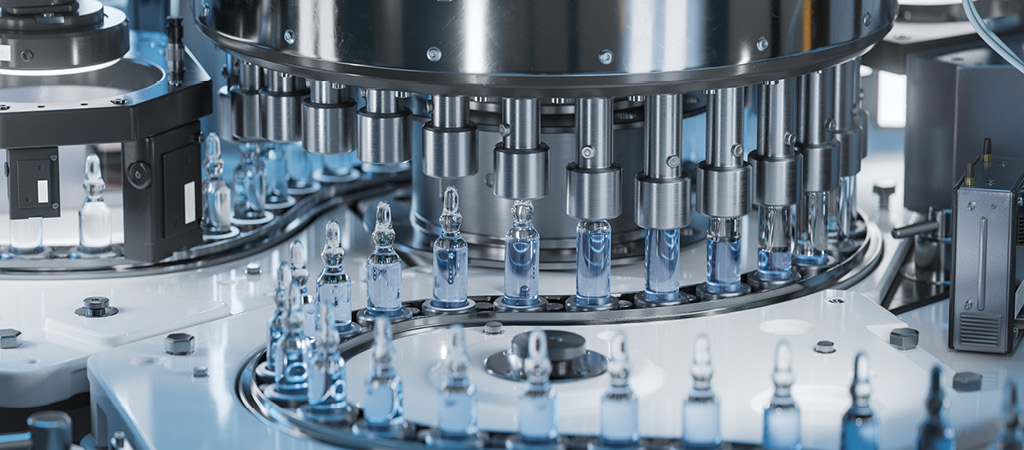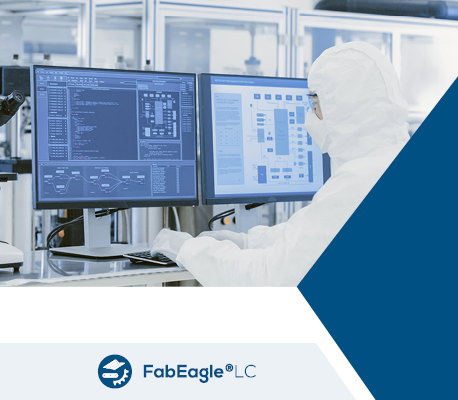Good Engineering Practice (GEP) is a fundamental concept for applying standardized procedures and processes to ensure the development, delivery and operation of purpose-specific and cost-effective technical solutions. In the pharmaceutical sector, GEP can be used throughout the entire life cycle of a machine, component or system – from planning to decommissioning – wherever development activities are required. In close coordination with your specialist departments and quality assurance, we develop secure and reliable software based on GEP for automation and control: from specification and monitoring of the verification process right up to acceptance.
Challenges in developing GEP-compliant software
The development of GEP-compliant software can be a challenge, especially for inexperienced companies, in terms of the various specification criteria, and particularly in times of a shortage of skilled staff.
GEP-compliant software requires a strong focus on the customer's specific and often complex processes, which need to be automated and controlled and which must be presented in a extensive specification.
All GxP, safety, health, environmental, ergonomics, operating and maintenance requirements relevant to individual processes, as well as recognized industry standards, need to be taken into consideration.
The software is often closely linked to the hardware. Seamless integration and communication between both requires specialist expertise and careful planning.
To ensure traceability throughout the entire development process, GEP-compliant software must be fully documented, which is often a very time-consuming process.
Once the software has been rolled out, updates and changes must be ensured and managed efficiently, in order to fulfill regulatory frameworks, including in the event of expansions, for example.
Your route to GEP-compliant control of equipment and machines
With us, you can rely on an experienced partner to implement your automation and control system solutions in accordance with GEP. We help you meet these challenges. To do this, we carefully plan the development of GEP-compliant software and draw on our extensive expert knowledge in machine building for the pharmaceutical sector.
-
- Analysis of general conditions and processes
- Identification of possible automation approaches and concepts
- Advice on selecting suitable control systems as well as drive and safety technology
-
- Functional description of the machine, equipment and system
- Preparation of the software architecture
- Software design description
- Preparation of project plans for the development and commissioning phases
-
- Programming the control software
- Use of the SCL (Structured Control Language), FUP (Function Plan) and GRAPH (sequential control) programming languages according to system requirements and complexity
- Design and administration of databases
- Development of automatically generated reports
- Connection to data management systems
-
- Hardware parameterization
- Software installation
- Controller configuration
- Commissioning of the individual components and the entire system
- Function tests
- Integration into higher-level systems such as line controllers or MES
- Training and instruction
-
- Monitoring of the customer's QA process and preparation of the required documents
-
- Individual service offering tailored to your requirements for software, hardware, maintenance and troubleshooting
Your contact persons



